Dinesh Elumalai explores the history of the Lithium-Ion Battery and how its development has impacted modern life
Lithium batteries are employed in numerous applications today. And because well-known companies are now making electric cars, the demand for these batteries has recently increased to enormous levels.
In addition to being affordable, they are also eco-friendly. We hope that this article gives you a thorough overview of the top lithium battery producers in India.
What is it?
Lithium batteries are those that use lithium as their anode. During discharge, the charge moves from anode to cathode, and during charging, it moves from cathode to anode.
Lithium batteries were first introduced in the 1980s and 1990s. These batteries have completely transformed the portable electronics market, including cell phones and laptop computers.
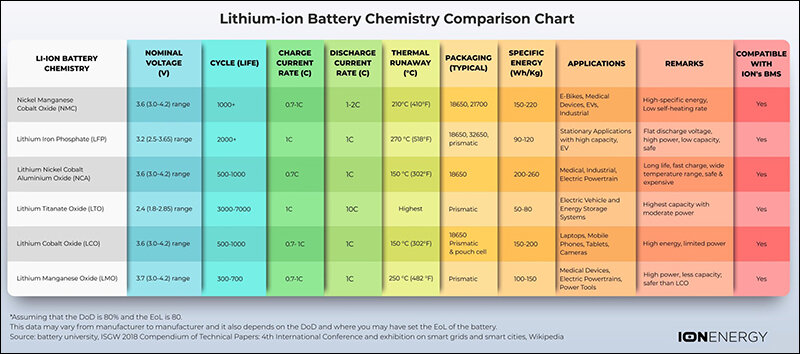
Sify Technologies – ICT Service Provider
Lithium-ion batteries are available in a variety of shapes and sizes, and they are not all created equal. The descriptions of six different lithium-ion battery types, as well as their compositions and common applications, are supplied below.
Lithium Cobalt Oxide
Lithium cobalt oxide batteries, also known as lithium cobaltate or lithium-ion cobalt batteries, are made from lithium carbonate and cobalt. Because of their high specific energy, these batteries are used in cell phones, laptop computers, and electronic cameras.
Lithium Manganese Oxide
In 1996, Moli Energy produced the first commercial lithium-ion cells with lithium manganese oxide as the cathode material. Lithium manganese oxide batteries are distinguished by their elevated temperature stability, and they are also safer than other lithium-ion battery types. As a result, they are commonly found in medical devices and equipment, but they can also be found in power tools, electric motorcycles, and other applications. Laptop computers and electric vehicles can also be powered by lithium manganese oxide batteries.
Lithium Iron Phosphate (LFP)
Phosphate of lithium iron phosphate (LFP) is used as a cathode in lithium iron phosphate batteries, also known as li-phosphate batteries. They have a low resistance, which improves their thermal stability and safety. These batteries are commonly used in electric bikes and other applications that necessitate a long lifecycle and elevated levels of safety. These batteries are often found in electric vehicles.
Lithium Nickel Manganese Cobalt Oxide (NMC)
The cathode combination ratios for lithium nickel manganese cobalt oxide (NMC) are commonly 60% nickel, 20% manganese, and 20% cobalt. This means that the raw material is less expensive than in other lithium-ion battery solutions, as cobalt can be quite expensive. Like other lithium-ion battery types, NMC batteries can have a high specific energy density or a high specific power. They cannot, however, have both characteristics. This type of battery is commonly found in power tools and automobile powertrains. This battery type is frequently found in electric vehicles.
Lithium Nickel Cobalt Aluminium Oxide (NCA)
NCA batteries, also known as lithium nickel cobalt aluminium oxide batteries, are finding applications in electric vehicles and grid storage.
Even though NCA batteries are not widely used in consumer electronics, they have enormous potential in the automotive industry. NCA batteries provide a high-energy option with a long lifespan, but they are less safe than other types of lithium-ion batteries and more expensive. NCA batteries must be accompanied by monitoring systems to ensure driver safety.
Lithium Titanate
Electric vehicle and bicycle manufacturers use lithium-titanate batteries, and this type of battery has the potential to be used in electric buses for public transportation. These batteries have the potential to be used in military and aerospace applications, as well as for storing wind and solar energy and building smart grids. Furthermore, these batteries, according to Battery Space, could be used in power system system-critical backups.
Lithium Battery Characteristics
The many advantages of lithium batteries are:
- High density of energy.
- It is light and portable.
- Quick charging capacity, portability, and durability.
- It is safe to use and does not require regular maintenance.
In terms of monthly electricity bills, using this battery to power most of your electronic devices will save you a lot of money.
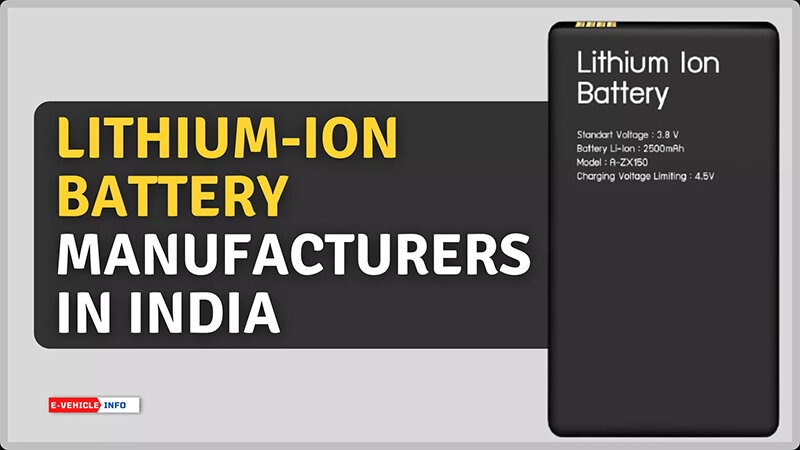
According to an Economic Times report, the lithium-ion battery industry in India has grown by 25% in recent years and is now worth $300 billion. India has many Lithium-ion Battery Manufacturers, and their contribution is significant in terms of producing the greatest number of Lithium-ion batteries for EVs. The government is also supporting the development of the automobile industry by funding EV battery manufacturing start-ups in India.
The Indian Space Research Organization (ISRO) and BHEL have agreed to collaborate on the production of lithium-ion batteries for electric vehicles in India. Here in this article, we shall see few of the manufactures in India.
Amara Raja Batteries Ltd

Amara Raja Batteries Ltd, India’s second-largest traditional battery maker in terms of value, plans to build a lithium-ion assembly plant in Andhra Pradesh to dominate the EV battery market. In the next two to three years, the company hopes to be worth $100 billion. It is also India’s largest manufacturer of lithium-ion batteries.
HBL Power Systems Limited
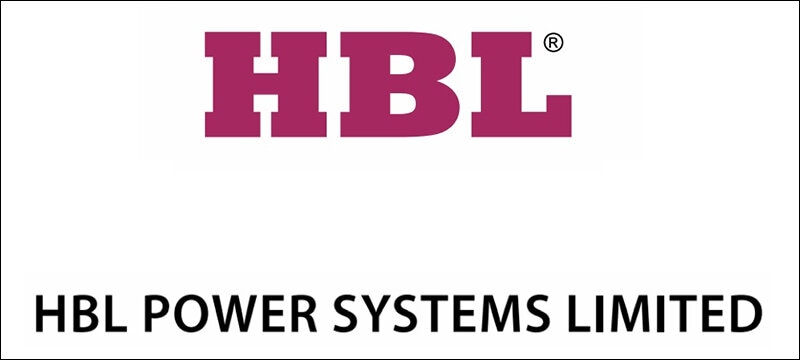
HBL Power Systems is a leading battery and power system manufacturer headquartered in Hyderabad. It works with companies involved in railways, solar, e-mobility, and defence products. It established a plant to produce prismatic lithium-ion cells and batteries.
Exide Industries Ltd

EXIDE is India’s largest producer of automotive and industrial lead-acid batteries and the world’s fourth largest. Exide, India’s largest battery manufacturer, has announced a joint venture (JV) agreement with Leclanche to develop lithium-ion batteries and energy storage solutions to power the growth of India’s electric vehicle market.
Luminous Power Technologies Pvt. Ltd
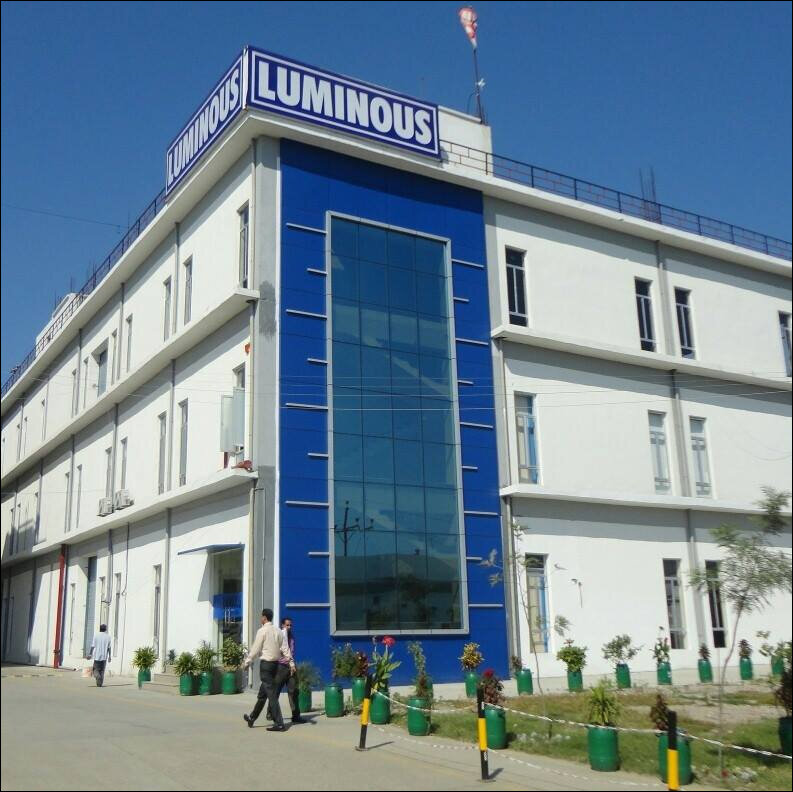
Luminous Power Technologies Private Limited is a well-known name among automobile battery companies in India, producing batteries for both residential and commercial use. With 28 sales offices and over 60,000 channel partners, the company expanded its global operations and is also India’s largest producer of lithium-ion batteries.
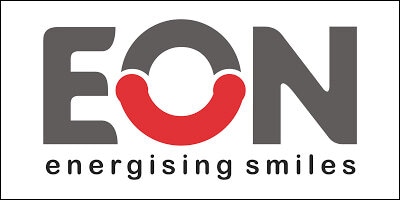
EON Electrical Pvt Ltd
EON Electrical Ltd is a medium-sized lighting equipment manufacturer. And has begun production of lithium-ion batteries at its innovative plant in Haridwar, SIDCUL. Eon Electric made headlines in 2015 after winning a Rs.11 crore tender for LED street light projects.
Loom Solar

Loom Solar is the first lithium battery manufacturer to offer a 6-Ah to 100-Ah range of lithium batteries in the consumer market through retail channels and online marketplaces with the addition of lithium batteries to its product portfolio. Loom Solar is concentrating on integrating different electronic products to its lithium batteries through ongoing research and innovation, resulting in custom designs that are tailored to the needs of the expanding market, as the demand for lithium batteries continue to rise.
Reliance EV
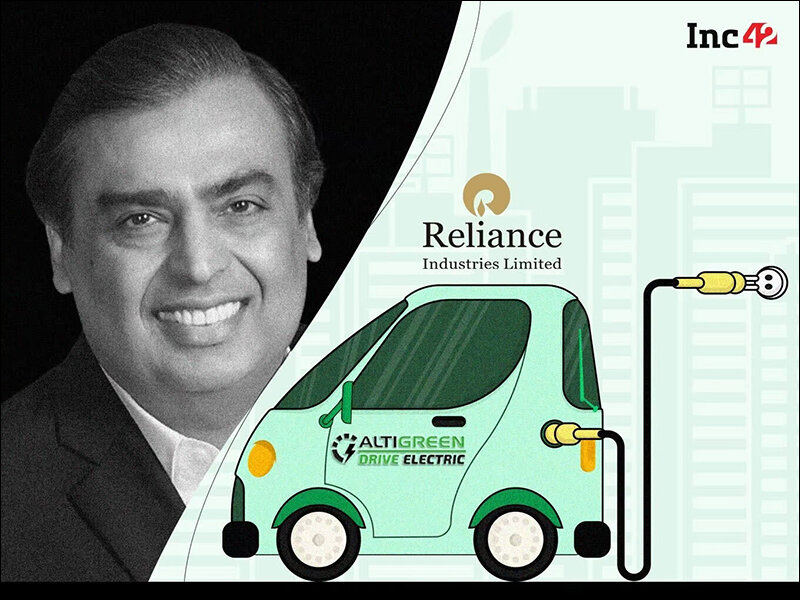
Reliance New Energy Solar recently acquired a start-up in the UK (United Kingdom) that creates sodium-ion batteries. The largest conglomerate in India has made a significant investment in this business with the goal of hastening the adoption of electric vehicle battery technology. The company claims that compared to other technologies currently available, sodium-ion technology is both safer and more affordable. Reliance is also building an integrated manufacturing facility in India, which will help with production speed.
Mahindra EV
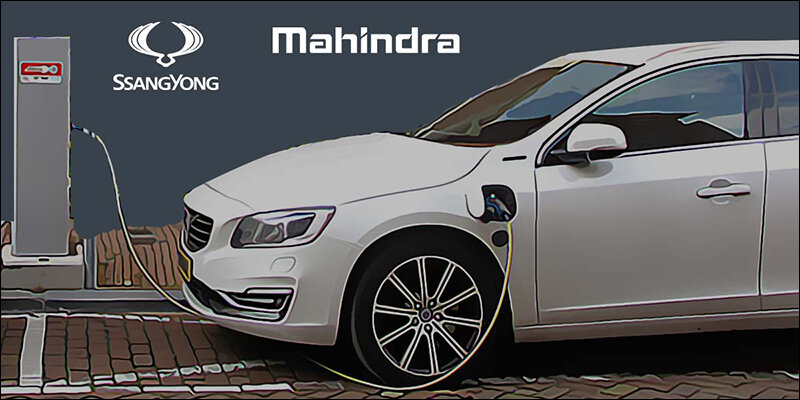
Mahindra, one of the most well-known automakers in the world, is rapidly growing its production of lithium batteries and electric vehicles. The Mahindra Treo, India’s first battery-powered auto rickshaw, and a cargo version of it were among the new cars that were unveiled. The company is also releasing a variety of electric cars on the market.
Hyundai EV
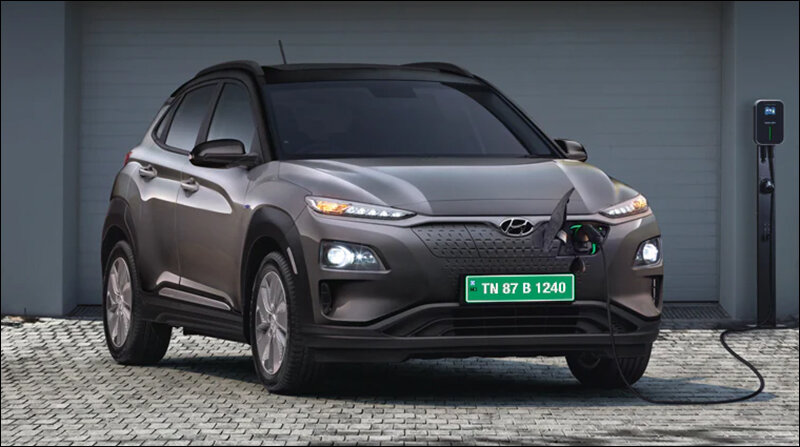
To work together on the creation of lithium batteries, one of India’s most significant automakers has teamed up with the quantum computing start-up IonQ. According to a recent press release from the company, among other advantages of the collaboration are that lithium batteries used in electric vehicles will have a longer lifespan, a greater capacity, and higher safety.
We believe that this article gave a thorough overview of the top lithium battery producers in India. Do leave your thoughts on this article in the comments box below.
In case you missed:
- None Found



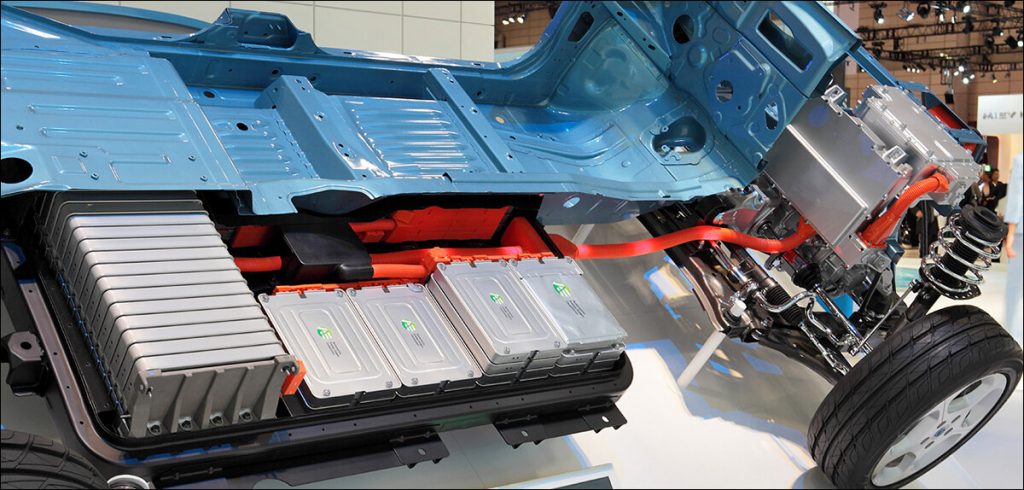

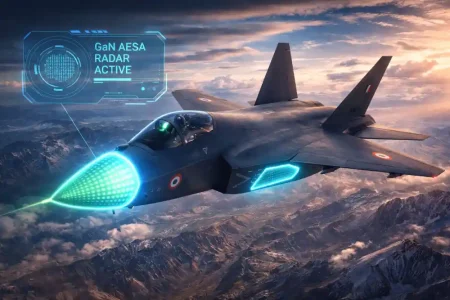
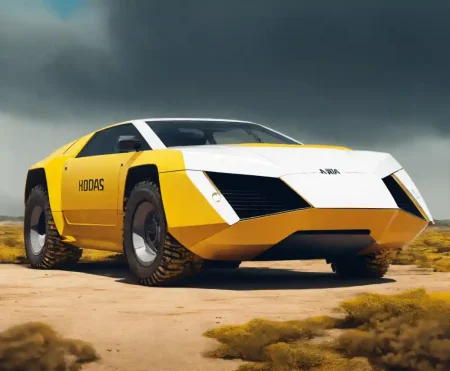


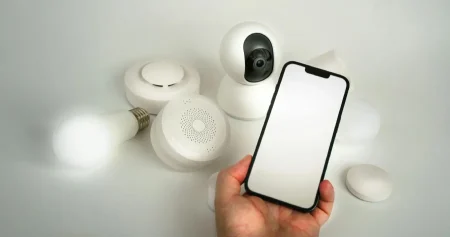
6 Comments
I’ve been riding electric motorcycles and more recently ebikes for almost a decade now. I love electric bikes, especially as a way to get around town quickly and efficiently while still offering the opportunity to get a good workout when I want.
We’ve been looking for a while to get a good second ebike for my partner so we can ride together, and the SZ happy-go B1 Foldable Small Tire electric bike looked like the perfect one for her.
I liked the SZ Happy-go B1″ Foldable Small Tire electric bike so much that it’s become my daily vehicle of choice, The bike doesn’t feel compromised at all to allow for the folding feature, and it’s a blast to ride every day. I knew I’d be using this bike heavily in the future.
I think this model will likely be a great fit for many of you looking for a folding bike that isn’t compromised in size or features.…
How do e-bikes work?
Electric bicycles, also known as e-bikes, are becoming more and more popular. A great commuting option, this sustainable offering has all the qualities of your favorite sport and outdoor recreation bike, with the addition of an electric motor and battery for an easier ride.
A motor at the front of the e-bike helps push the front bike tire forward in a pulling fashion, while at the rear, the motor pushes the tire forward. Electric bikes are heavier than standard bikes due to their components, but motor-assisted engineering ensures that you don’t feel drag while riding the bike.
You’ll find several types of e-bikes: pedal-only, pedal-assist, and electric-only. Pedal-assist (or power-assist) e-bikes combine human power and electricity. Pure electric bikes allow you to enjoy riding without pedaling at all; just start the motor and let the bike “fly”.
Most e-bikes have one or two brakes for easier parking, and you can adjust the seat and handlebar settings just like a standard bike.…
Lithium batteries are those that use lithium as their anode. During discharge, the charge moves from anode to cathode, and during charging, it moves from cathode to anode.
Lithium batteries were first introduced in the 1980s and 1990s. These batteries have completely transformed the portable electronics market, including cell phones and laptop computers.
Lithium-ion batteries are available in a variety of shapes and sizes, and they are not all created equal.
These batteries are commonly used in electric bikes and other applications that necessitate a long lifecycle and elevated levels of safety.They have a low resistance, which improves their thermal stability and safety.
Beesst Lithium-ion batteries,Portable, easy to install and disassemble, with battery handle, safe lock.Black Aluminum shell with hard ABS plastic case, perfectly protect the inner lithium ion batteries.
Lithium batteries are used in many applications today. And since well-known companies are now producing electric vehicles, the demand for these batteries has recently increased to a huge level.
Batteries based on lithium batteries have many advantages, such as high energy density, low self-discharge rate, small size, and long life. It is lightweight and portable, fast charging, easy to carry, and durable.
Important application where these batteries have progressed in recent years is their use in a variety of electric vehicles, including cars and bicycles.
Lithium batteries are safe to use and do not require regular maintenance. In addition to being affordable, they are also environmentally friendly.
Using this battery to power most of your electronics will save you a lot of money when it comes to monthly electricity bills.…
Electric scooters are everywhere these days and are great for commuters on their way to work, students heading to class and anyone else who wants to have a fun time while travelling from A to B. They’re convenient, speedy and eco-friendly. And I can tell you from first-hand experience, they’re a lot cheaper to repair than a car.
After riding and testing many models for miles and miles, I think the best overall electric scooter for most people will be the SZ happy-go H10. It’s great for long trips and isn’t so fast that it will be intimidating for beginners.
SZ happy-go Some are last-mile scooters, smaller and built for short distances at slower speeds but easier to carry and store. Larger scooters handle bumps better and can travel farther and at higher speeds.
Before purchasing, consider the distance you need to travel and the total weight you’ll be carrying (including yourself). The environment you’ll be riding in – hills, flat roads, wet terrain — matters too.
Lithium-ion batteries have gained enormous popularity in recent years due to their higher energy density and lower self-discharge rate compared to other batteries.
Lithium-ion batteries come in various shapes, namely cylindrical, prismatic, and pouch cells. Depending on the end use, manufacturers of various electronic and electrical products can use these types of batteries accordingly. Lithium-ion batteries are increasingly used in a variety of consumer electronics such as cell phones, portable PCs and tablets.
Lithium-ion batteries are rechargeable, last a long time, and can store a lot of energy in a small space. This makes them the most popular power sources in electronic devices and vehicles.